A “Black Swan”, a theory developed by Nassim Nicholas Taleb, is the occurrence of a highly improbable event that has a major impact on our lives.
While the Covid-19 pandemic has long been expected by researchers and (some) politicians, the impact and implications beyond the obvious was something that very few (if any) predicted.
- A shortage of webcams (and 400% price hikes)?
- The meteoric adoption of telehealth?
- The reimbursement for telephonic care? (long eschewed across all payors)
- A disruption to the traditional healthcare model?
In hindsight, these seem obvious (except probably the last one).
But lamenting the lack of foresight is pointless.
The more important question now is: what does this mean to the established, traditional, conservative, change-averse healthcare delivery community? The specialty practices; the rural primary care centers; the rural, regional and national health systems; the academic medical centers?
As we’ve learned over the past 10-15 years, the reign of the omnipotent, white-coated physician ended with the advent of Dr. Google and community-advice sourcing through Facebook. With the communication and knowledge revolution brought on by Google, Twitter, Facebook and others, the formerly “patient patients” emerged as Modern Healthcare Consumers.
As we will learn now, the reign of the brick and mortar model (“we’ll serve you where we want when we have time for you”) is now (finally) ending, too. Now that patients got a taste for the “delivery of care at a distance” (a.k.a. telehealth) and now that those physicians who embraced the change realize how much of medicine can be practiced well at a distance (a.k.a. telemedicine), the long-hailed future of healthcare is here to stay.
I pose the following predictions to provoke to inspire and to compel action vs. complacency or falsely-placed hope that things will go back to 2/20/20.
I welcome, I invite, a spirited discussion by any of my readers or their network (please share) feeling compelled to share their agreement, their disagreement or their own predictions.
So, here are three of my current predictions:
1. Healthcare delivery will continue to become increasingly fragmented
Healthcare consumers will increasingly favor the convenience and good customer service from telehealth service providers (whose records are typically not integrated with the consumers’ established primary care physicians or specialists) over their established local or regional health providers.
There is also news of wide-spread closures of smaller physician practices who could not or would not embrace telehealth (the right way) fast enough, further limiting access to care and pushing healthcare consumers to virtual care.
I’m no clinical expert, but learned enough from many physicians at the Mayo Clinic that good clinical decision making is based on having complete and comprehensive data. With very few telemedicine providers actually sharing their clinical information with the patients’ main care team, care will become increasingly fragmented and transactional vs. relational.
2. Digital Health Innovation’s Shining Moment
Over the past 10 years, $50B of venture capital has been invested in Digital Health Innovation and many solutions have been ready for the market. I predict that one of the outcomes of this pandemic will be that this is the shining moment for digital health innovation.
The wide-spread adoption of consumers’ use of technology for their health care due to Covid-19 will open the acceptance for the innovative digital health solutions that had been at the ready for months or years.
12, 13 years ago many companies or products that are now household names were unknown to most Americans: Twitter (2007), YouTube (2007), Amazon Kindle (2007), Facebook (2006), AirBnB (2007), Watson (2007), etc. I predict that within 1-2 years a whole new set of companies in the Digital Health arena will emerge and become household names, too.
3. Accelerate Innovation Adoption or Shrivel Up
Everyone these days talks about AI which commonly is defined as artificial intelligence, though in healthcare, as to not to threaten the physician establishment, has been cleverly redefined as “augmented intelligence”. A much more important “AI” in my opinion is healthcare organizations’ ability to “Accelerate Innovation” or, to be most pragmatic, the rapid adoption and integration of innovation.
Sadly, it is my prediction that only those physician practices and health systems will survive (i.e., continue to have a sustainable business model) over the next 3 years that can quickly (as in: by the end of the year 2020) shift their culture from preservation of the status quo to a systematic, dynamic and rapid adoption of digital health innovation into their healthcare delivery services.
In my program “Accelerate Innovation Adoption” I transform healthcare organizations thinking so they can assess the suitability of new innovative solutions in a matter of a couple of weeks; launch, manage and evaluate a proof of concept in a couple of months and roll out the solution with little or no resistance shortly thereafter.
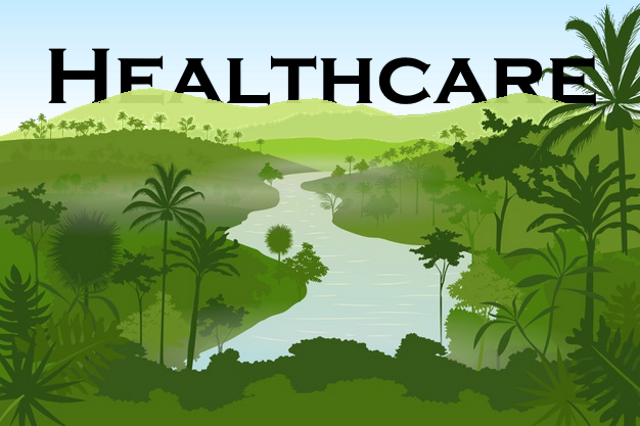


Healthcare’s Amazon Moment?
Dr. Klasko, the CEO of Jefferson Health, said on Becker’s Healthcare that this is Healthcare’s Amazon moment.
It is important to remember that Amazon was not about books. And this revolution is not about video chatting with your doctor. It’s about a new healthcare paradigm.
Don’t you agree?








To receive articles like these in your Inbox every week, you can subscribe to Christian’s Telehealth Tuesday Newsletter.
Christian Milaster and his team optimize Telehealth Services for health systems and physician practices. Christian is the Founder and President of Ingenium Digital Health Advisors where he and his expert consortium partner with healthcare leaders to enable the delivery of extraordinary care.
Contact Christian by phone or text at 657-464-3648, via email, or video chat.





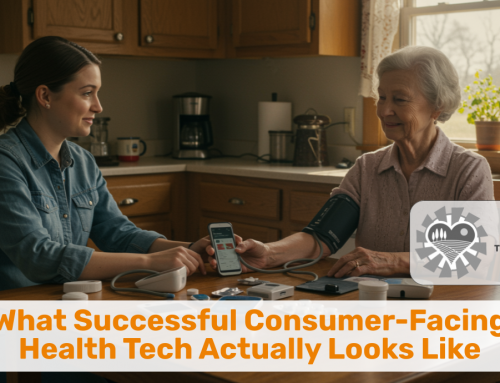
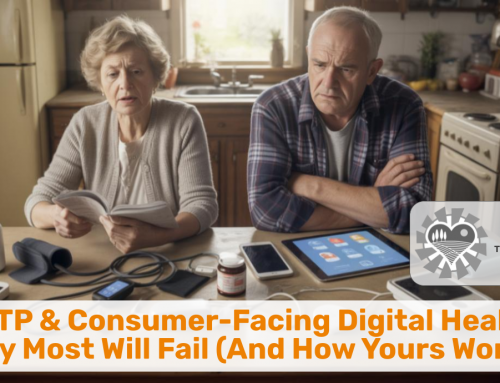
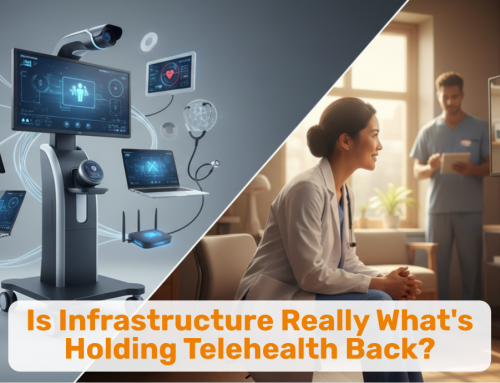
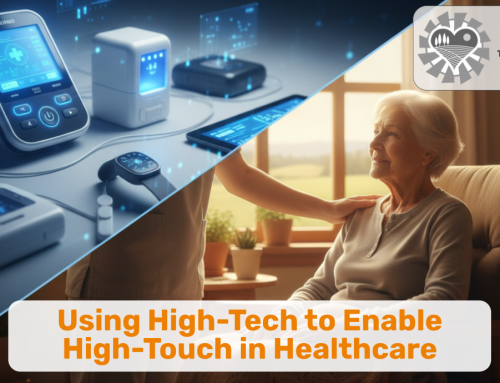
Leave A Comment